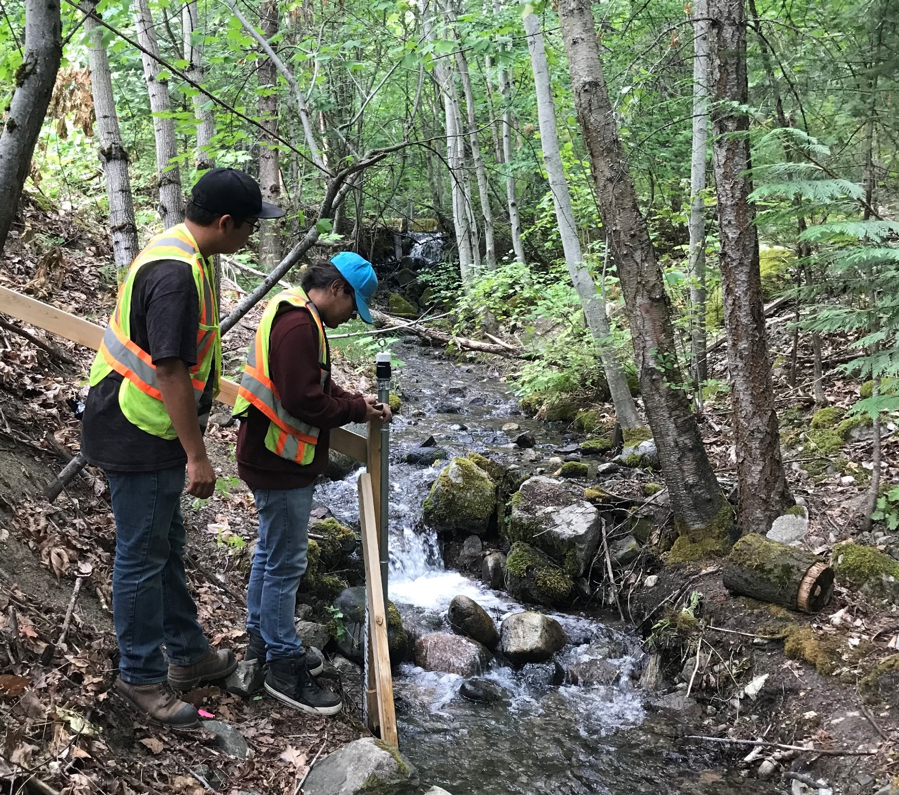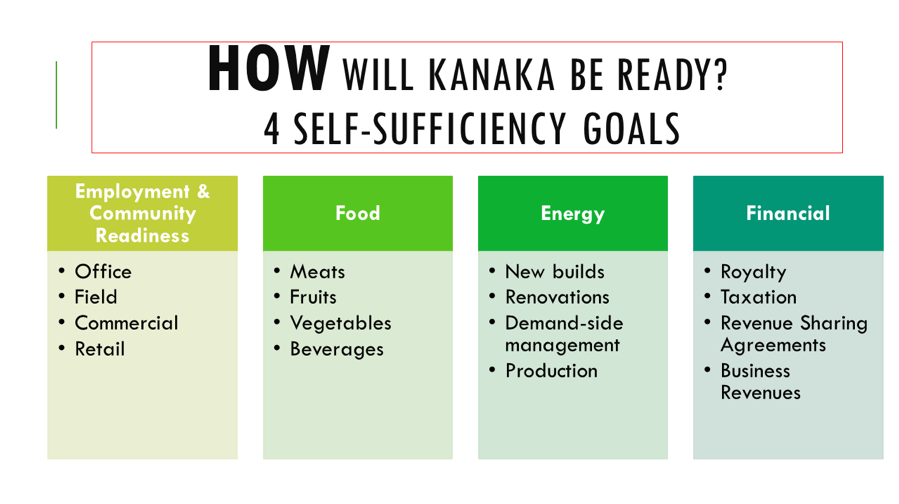Climate justice and social justice are inextricably linked. Climate justice recognizes how climate change has impacts on communities already made vulnerable by social, economic, health and other impacts, and who have contributed the least to climate change. In turn, climate change worsens existing social injustices. The connections between climate justice and social justice are drawn more clearly by those working on gender-based and youth-based climate justice initiatives and through projects that also shed light on the impacts of climate change on low-income countries.
Climate justice advocates call for a “gender transformative approach” when undertaking initiatives that address the impacts of climate change. For example, according to CARE International, climate justice initiatives should put effort into addressing gender and power differences and vulnerabilities that emerge in efforts, including:
- projects aimed at increasing climate resilience.
- efforts that enhance men and women’s engagement in household practices of nutrition and health care.
- conversations with traditional, religious, and elected leaders regarding the impacts of climate change.
Weather shocks, such as floods, droughts and historical fluctuations in temperature, heighten climate injustices when also considering age and gender. A recent study shows “[g]irls and women are particularly vulnerable to the social responses triggered by weather shocks, especially in places where they face restrictive gender norms.” Young boys in agriculture-based economies may be taken out of school to work, and adult males may be forced to choose to leave their households to migrate to places where they can find alternative sources of income due to the impacts of weather shocks.
According to UNICEF, youth define climate justice relationally. That is, youth consider climate actions to be intricately associated with other actions, including human rights, sustainable development, and addressing numerous injustices, such as social injustice, gender injustice, economic injustice, intergenerational injustice and environmental injustice. In order to address climate injustices, youth call for “people-centered” efforts that address climate change, knowing that “not everyone has contributed to climate change in the same way.” To facilitate climate justice, youth call for:
- skills development to enable youth and children to contribute to decision making.
- consistent and reliable financing for youth activists to undertake projects and actions that enable them to implement their collective vision to address climate justice.
- non-monetary forms of support in the form of partnerships to assist with climate justice action initiatives.
According to the World Climate Risk Index 2020, between 1999 to 2018, among the top countries most affected by extreme weather events, “seven were developing countries in the low income or lower-middle income country group, two were classified as upper-middle income countries (Thailand and Dominica) and one was an advanced economy generating high income (Puerto Rico).” Puerto Rico, Myanmar and Haiti ranked highest among the countries most affected by extreme weather events. Poor families are paying the most when it comes to the effects of climate change.
Achieving climate justice requires ensuring the protection of human rights and inclusion in decision making by those made most vulnerable to the effects of climate change.
By Leela Viswanathan
(Image Credit: Chela B., Unsplash)



